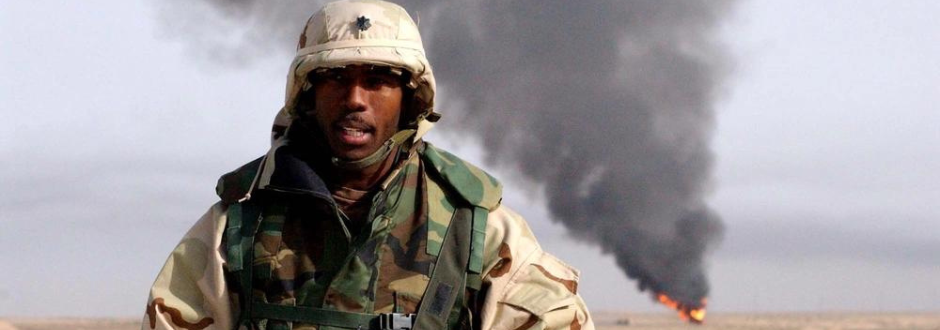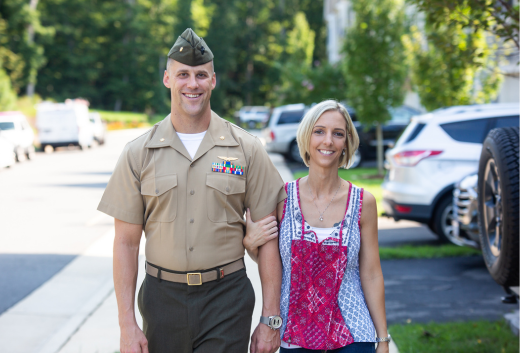Many Americans were impacted by the September 11, 2001, attacks, and some felt called to enter a life of service. Those who began serving in the military after September 11 are considered “post-9/11 Veterans.” They are the youngest cohort receiving healthcare, benefits, and other services through the U.S. Department of Veterans Affairs (VA). As of 2016, a lower percentage of post-9/11 Veterans were enrolled in VA Health Care than all other Veterans, while in receipt of compensation and pension benefits, while other VA benefits was higher among post-9/11 Veterans than other generations of Veterans.
PACT Act and Exposure to Airborne Hazards
During their time in service, some post-9/11 Veterans may have been exposed to airborne hazards, such as smoke and fumes from open burn pits, sand, dust, and particulate matter, air pollution in certain countries, fuel, aircraft exhaust and mechanical fumes, and smoke from oil well fires. This exposure caused some servicemembers to experience temporary health complications, but others may have longer-term health concerns. Some of these health conditions, known as “presumptive conditions,” are presumed by the VA, to be a result from airborne hazards and burn pit exposure experienced in the line of duty.
Through the PACT Act, the VA has expanded healthcare coverage for treatment of these presumptive conditions. VA disability benefits are available for those who qualify and submit a claim. For more information, please see Airborne Hazards and Burn Pit Exposures — Public Health (va.gov).
VA Facilities, Services, and Benefits
There are VA medical facilities across the United States, including 1,300 VA Health Care facilities and 1,100 outpatient sites — and the VA employs nearly 400,000 healthcare professionals who assist with caring for the needs of Veterans and their families. These healthcare professionals can also assist with identifying and treating service-connected disabilities that occurred while serving in the military.
The VA offers many services and benefits that include:
- Healthcare and pharmacy services
- VA Compensation and Pension disability benefits
- Education assistance
- Veteran’s Group Life Insurance (VGLI)
- Vocational rehabilitation/employment services
- Home loan guaranty assistance
- VA Home Loans
- Memorial benefits that include graves, markers, flags, medallions, Dependent and Indemnity Compensation (DIC) for spouses and eligible children, and burial allowance.
The VA also offers education benefits for post-9/11 Veterans who served at least 90 days on active duty, received a Purple Heart on or after September 11, 2001, or served for at least 30 days and were discharged honorably with a service-connected disability.
This benefit can aid with:
- Tuition and fees for school or job training
- Housing costs (if you are in school more than part-time)
- Books and other school supplies
- Funds to help you move from a rural area to go to school.
Accessing VA Benefits
To access VA services and benefits, call the VA at 800-827-1000 or visit va.gov.
If you are an Armed Forces Mutual Member and have questions about your VA benefits, contact a Member Benefits Coordinator at 800-522-5221 and follow the prompts, or email memberbenefits@aafmaa.com.
This article was originally published July 7, 2024.
The appearance of U.S. Department of Defense (DoD) visual information does not imply or constitute DoD endorsement. Photo by Luke Waack. Lt. Col. Michael Flynn, (Task Force RIO), deployed to Iraq in 2003, for the initial U.S. army assessment of the oil wells damaged during the attack by Saddam Hussein’s forces after Operation Enduring Freedom began. Courtesy photo.

.png)



.webp)